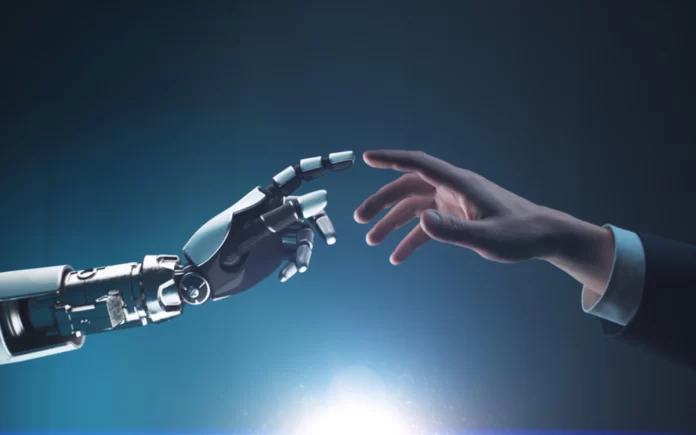As I immerse myself in the realm of journalism and writing, my younger self foresaw a future where technology would reign, becoming an invaluable ally in countless ways. Born in the 1980s, my generation transitioned into adulthood during the early 2000s, a period characterized by the booming evolution of technology, paving the way for the modern era we inhabit today. The early 2000s marked a juncture in modern technology, propelling us forward at an unprecedented pace and laying the foundation for the present.
Reflecting on the journey, it’s fascinating to observe how Artificial Intelligence (AI) has transformed from a captivating topic in novels and sci-fi movies to an integral part of our reality. While the allure of AI in cinematic narratives continues to evoke a sense of wonder, there has always been an underlying concern—a fear that AI might wrest something fundamental from us.
That something is our livelihood, encapsulated in the intertwined concepts of job and work. The distinction between the two is profound; a job is a means of earning a living, a key that unlocks the vault providing financial sustenance. Conversely, work is a pursuit fueled by love, passion, and the desire to achieve greatness, contributing not only to personal success but also to the greater good of humanity. AI stands as a testament to the legacy of those who dedicated their lives to its development, enabling us to live in this technologically advanced era.
Yet, the looming question persists: Will AI, in its relentless progress, obliterate our means of livelihood? It is a profound and legitimate concern, but as a species, we are defined by our ability to evolve. This innate capability has propelled us to the forefront of dominative species on this planet. Our journey is marked by constant adaptation and evolution, the only surefire way to thrive.
Cast your mind back to the late 1990s, the apprehension surrounding the approaching Y2K. The fear that computers would cease functioning, propelling us backward, gripped society. However, we emerged from that potential crisis by evolving and growing. AI is no longer confined to the realms of novels and movie scripts; we are living in it. It propels us forward, reminding us that by accepting the reality of technological evolution, we can surmount any obstacle.
Once, there was the notion that computers would decimate job markets, leaving many unemployed. However, we have transcended that point in time, leaving behind outdated job modes and embracing the reality of technological integration. Technology is not here to replace us; it exists to assist and enhance our capabilities. We must inject it into our lives in a way that aligns with our productivity goals, leaving a lasting legacy for future generations.
AI is not a threat; it is a catalyst pushing us to surpass our limitations, urging us to leave our comfort zones and explore new avenues. In this intricate dance between humanity and technology, the key to success lies in our ability to adapt, evolve, and, above all, embrace the symbiosis of human ingenuity and artificial intelligence.



